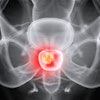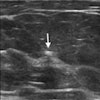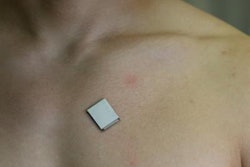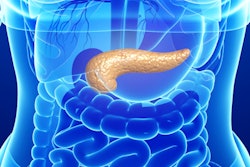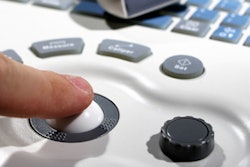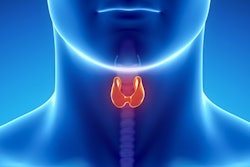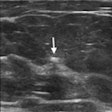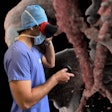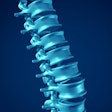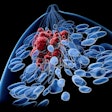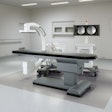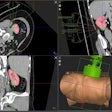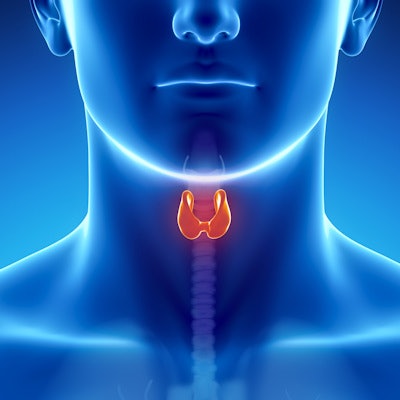
Advanced practice providers (APPs) can perform ultrasound-guided fine-needle aspiration (FNA) biopsies comparably to interventional radiologists, according to research published September 6 in the Journal of Vascular and Interventional Radiology.
In a retrospective observational study involving over 300 patients, a team of researchers led by first author Dr. Nicolas Paez of the University of Massachusetts Medical School in Worcester, MA, compared the performance of advanced practice providers and interventional radiologists for performing ultrasound-guided FNA biopsies of superficial neck lesions,
They found no significant difference in the rate of procedures considered to be diagnostic. As a result, interventional radiologists could instead focus on more complex procedures, according to the researchers.
"[APPs] can liberate an important amount of time and resources when addressing patient's admission, referrals, low complexity procedures, and discharge, depending on the provider's experience and skills, while maintaining constant communication with the [interventional radiology] physician," the authors wrote. "In fact, it has been shown that
APPs' contributions could go beyond clinical practice, as they could potentially be introduced into academics, by supporting residents' formation with a positive impact."
The study encompassed 309 patients who received ultrasound-guided FNA biopsies for superficial thyroid and nonthyroid neck masses at their institution between October 2017 to December 2019. Interventional radiologists performed the procedures from October 2017 to March 2018, while one of two APPs handled these biopsies after that.
The APPs were both trained by the same interventional radiologist and conducted at least 15 of the procedures under direct supervision before being able to perform them independently, according to the researchers. Furthermore, the APPs had 15 and six years of experience, respectively, in performing vascular access procedures and ultrasound-guided paracentesis.
Of the 309 procedures in the study, 212 (68.6%) were performed by APPs and 97 (31.3%) were performed by physicians. Both groups had a proportional balance of lesion location and size, according to the researchers.
An interventional radiologist initially approved all FNA requests. All procedures were performed under local anesthesia and without nursing resources. Although a sonographer was always on hand to assist when needed, no cytologists were present. Under ultrasound guidance, at least four biopsy passes were obtained, and the samples were flushed, washed, and sent to a cytology lab.
The researchers then analyzed the results of all the biopsies.
| Comparable performance for ultrasound-guided FNA biopsies in superficial neck lesions | ||
| Performed by interventional radiologists | Performed by advanced practice practitioners | |
| Diagnostic rate | 88.7% | 92% |
No major complications occurred among the biopsies. There were two adverse events -- both small-size hematomas -- that occurred in the group of patients whose procedure was performed by a physician.
In other results, the researchers found that the professional fees were a mean of $111.28 per ultrasound-guided FNA biopsy performed by the physicians and a mean of $101 for the advanced practice practitioners group.
"Future efforts related to this topic should focus on a larger scale representation of the APPs' and Physicians' performance in clinical practice, to allow a precise standardization for the participation of APP in these procedures," the authors wrote.
